Indigenous cultures across the world are rich in traditions, customs, and unique ways of life. Within these societies, women hold a significant position, playing diverse roles and contributing to the culture and community in numerous ways. However, as modernization continues to impact these indigenous communities, women face various challenges that threaten their traditional roles and status. This article aims to explore the roles and status of women in different indigenous cultures, shed light on their contributions, and discuss the challenges they encounter due to modernization.
Table of Contents
The Roles and Contributions of Women in Indigenous Cultures
Women in indigenous cultures fulfill various essential roles that are vital to the functioning of their communities. While these roles may differ from one culture to another, they often share common threads of responsibility, leadership, and nurturing.
1. Nurturers and Caregivers
Women in indigenous cultures are often primary caregivers and nurturers within their communities. They play a crucial role in raising children, passing down cultural knowledge, and ensuring the well-being of their families. Their wisdom and guidance are highly valued, as they are responsible for instilling cultural values and traditions in the younger generations.
2. Guardians of Traditional Knowledge
Women in indigenous cultures are the custodians of traditional knowledge, holding deep understanding of their cultural practices, rituals, and healing methods. They are often the keepers of oral traditions, passing down stories, songs, and wisdom from generation to generation. Their role in preserving and transmitting cultural heritage is vital in maintaining the identity and continuity of indigenous communities.
3. Economic Contributors
Women in indigenous cultures are active participants in economic activities, contributing to the sustenance and development of their communities. They engage in various income-generating activities such as farming, fishing, crafting, and trading. These economic contributions not only provide for their families but also strengthen the overall socio-economic fabric of their communities.
4. Community Leaders and Decision-makers
Women in indigenous cultures often hold positions of leadership and decision-making within their communities. They play an active role in community governance, participating in tribal councils, and contributing to the decision-making processes. Their perspectives and voices are valued, as they bring unique insights and a holistic approach to community issues.
The Challenges Faced by Women in Indigenous Cultures
Despite their significant contributions and roles within indigenous cultures, women face numerous challenges that threaten their traditional status and well-being. Modernization, globalization, and socio-economic changes have brought about shifts in gender dynamics and power structures, impacting the lives of indigenous women.
1. Loss of Traditional Knowledge
As indigenous communities face the pressures of modernization, there is a risk of losing traditional knowledge and practices. This loss has a profound impact on women, as they are often the primary bearers and transmitters of this knowledge. The erosion of traditional practices not only diminishes the cultural identity of indigenous communities but also undermines the role and status of women within them.
2. Displacement and Land Rights
Indigenous women often face the threat of displacement due to land encroachments, resource exploitation, and development projects. This displacement disrupts their connection to their ancestral lands, traditional livelihoods, and cultural practices. The loss of land rights and access to natural resources negatively affects their economic contributions and overall well-being.
3. Gender Inequality and Discrimination
Gender inequality and discrimination persist in many indigenous societies, limiting the opportunities and autonomy of women. Traditional gender roles and patriarchal structures can restrict women’s participation in decision-making processes and access to education, healthcare, and economic resources. Addressing these gender disparities is crucial for empowering women and promoting gender equality within indigenous cultures.
4. Cultural Appropriation
The appropriation of indigenous cultures by the dominant society can have detrimental effects on women within these communities. Misrepresentation, commodification, and exploitation of indigenous cultural practices can undermine the authenticity and value of women’s roles and contributions. Respecting and honoring indigenous cultures is essential for preserving the dignity and status of women.
Preserving and Empowering Indigenous Women
To address the challenges faced by women in indigenous cultures, it is crucial to empower and support them in preserving their traditional roles and status. Here are some key strategies:
1. Education and Skills Development
Providing access to quality education and skills development programs is vital for empowering indigenous women. Education equips them with knowledge, critical thinking skills, and the ability to advocate for their rights and interests. It also helps in preserving traditional knowledge by integrating it into formal education systems.
2. Land Rights and Resource Management
Ensuring the recognition and protection of indigenous land rights is essential for safeguarding the cultural and economic contributions of women. Including women in decision-making processes related to land and resource management can empower them and strengthen their position within their communities.
3. Promoting Cultural Revitalization
Supporting initiatives that promote the revitalization of indigenous cultures is crucial for preserving the roles and contributions of women. This can include funding cultural events, supporting traditional arts and crafts, and creating platforms for indigenous voices to be heard and respected.
4. Advocacy and Policy Reforms
Advocacy efforts and policy reforms are necessary to address gender inequality, discrimination, and the challenges faced by women in indigenous cultures. Governments, NGOs, and international organizations should collaborate to create policies that protect indigenous rights, promote gender equality, and address the unique needs of indigenous women.
Final Thought
Women in indigenous cultures play diverse and vital roles within their communities, contributing to the preservation of cultural heritage, economic development, and community well-being. However, modernization and various challenges threaten their traditional roles and status. It is imperative to recognize and address these challenges, empowering indigenous women and preserving their contributions to culture and community. By doing so, we can foster a more inclusive and equitable world that values and respects the rich diversity of indigenous cultures and the women who uphold them.

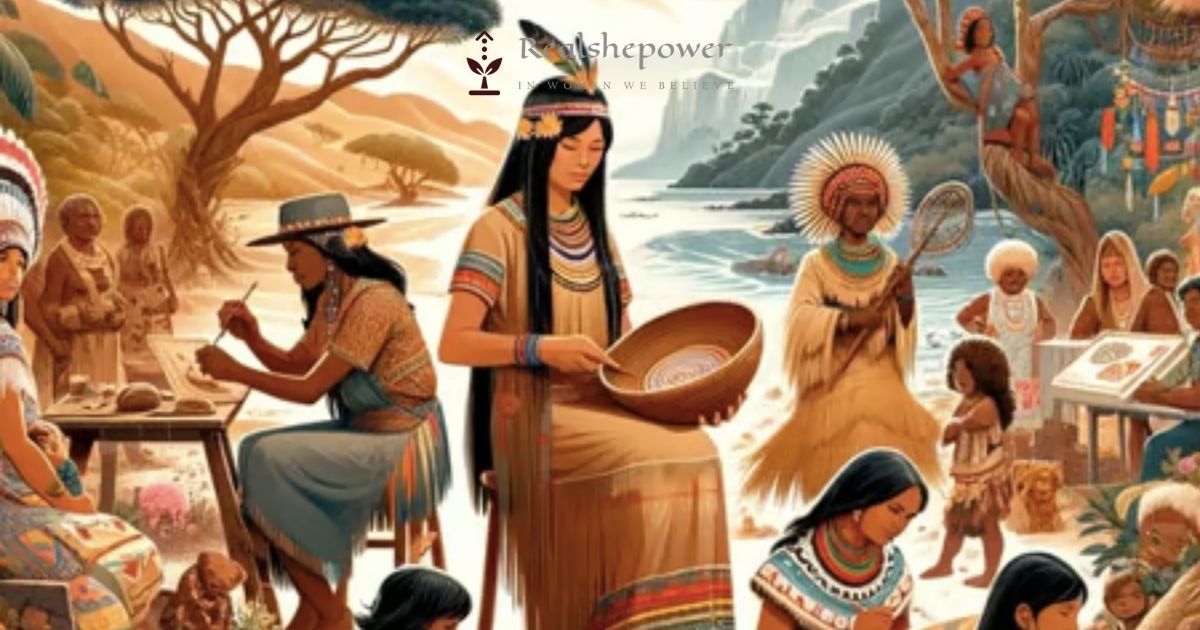

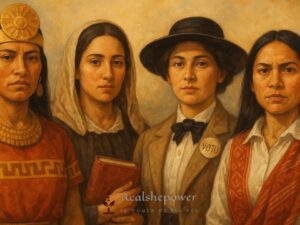






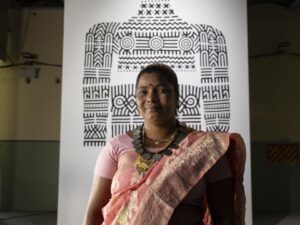




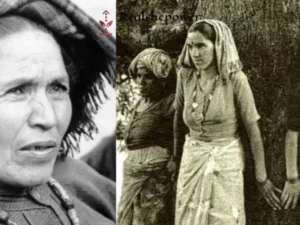



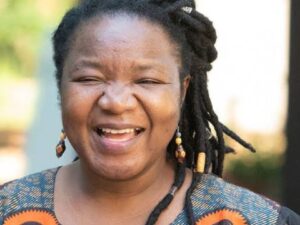

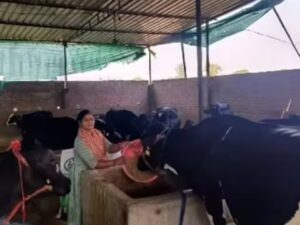
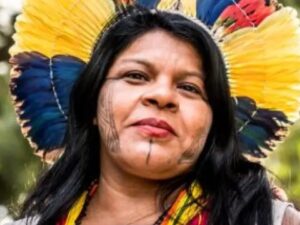


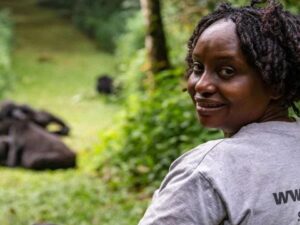




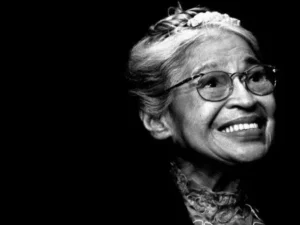



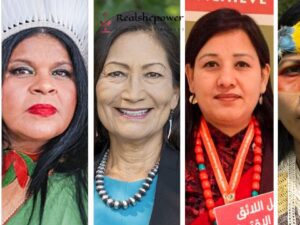




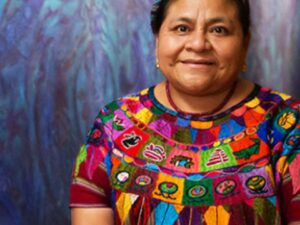
1 thought on “The Role of Women in Indigenous Cultures: Exploring Their Contributions, Challenges, and Status”